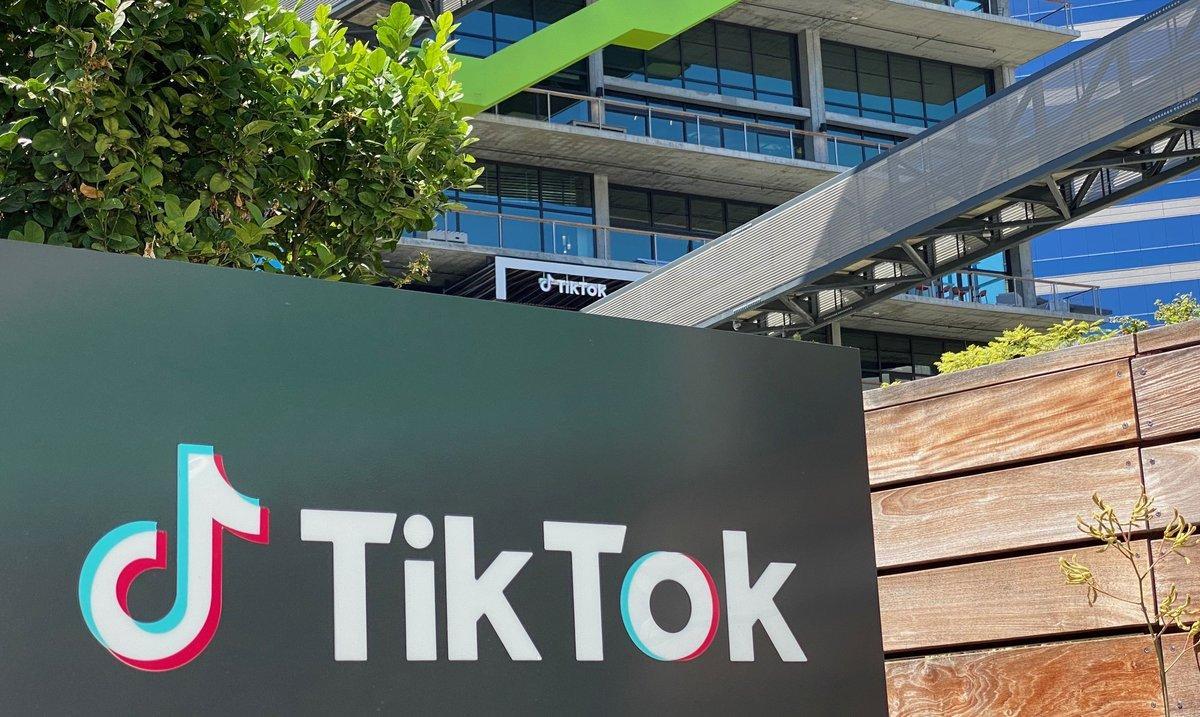Racial harassment in educational settings is an insidious and troubling issue that permeates the experiences of students, educators, and staff at all grade levels. Its impact reaches far beyond individual incidents, eroding the safe, inclusive environments that are vital for effective learning and growth. This pervasive problem not only undermines personal dignity but also contravenes federal laws designed to uphold civil rights. In this article, we delve into the prevalence of racial harassment, examine the legal framework established to combat it, illustrate real-world instances of both intervention and failure, and stress the importance of taking decisive action.
Understanding the Legal Framework
Title VI of the Civil Rights Act of 1964
Title VI is a cornerstone of civil rights legislation that prohibits discrimination based on race, color, or national origin in programs and activities that receive federal funding, including schools. This vital law imposes a duty on educational institutions to not only protect individuals from racial harassment but also to take tangible action when they are made aware of its occurrence.
Failure to act or respond appropriately can invite federal investigations by bodies such as the U.S. Department of Justice (DOJ). Recent legal cases underscore that noncompliance has significant repercussions, often leading to enforcement actions that compel institutions to overhaul their policies and practices.
Schools’ Duty to Act
Educational institutions bear the responsibility to proactively prevent racial harassment, crafting clear protocols for addressing incidents when they arise. According to DOJ standards, any inaction or inadequate responses to reports of racial harassment not only violate Title VI but also infringe upon the Equal Protection Clause of the Constitution, thereby depriving students and employees of their fundamental rights.
 Real-World Case Studies
Real-World Case Studies
Douglas County School District, Colorado
The DOJ recently launched an investigation into the Douglas County School District following reports of racial bullying, including Black and biracial students being subjected to slurs, threats, and group harassment. This case starkly illustrates the emotional and physical harm caused to students when schools fail to act. Families suing the district highlighted how a lack of immediate intervention worsens the situation and perpetuates harm.
Elmore-Morristown Unified Union School District, Vermont
The Vermont case saw widespread racial harassment that included racial slurs, Confederate flag displays, and Nazi symbols, primarily at the middle-school level. The DOJ’s investigation led to a settlement where the district committed to revising its anti-harassment policies, adopting centralized reporting systems, and conducting formal training for staff and student groups. This example underscores how systemic responses, rather than ad-hoc reactions, are vital in addressing widespread harassment effectively.
Bonham Independent School District, Texas
Bonham ISD faced allegations of racial hostility that left students of color feeling “powerless.” Incidents ranged from slurs and bullying to unfair disciplinary actions disproportionately targeting Black and Latino students. A noose once found in a school gym and violence against students of color went unaddressed by staff. When schools fail to protect their students, the long-term emotional and educational impacts are devastating.
USC Case on Workplace Harassment
Even at the collegiate level, racial harassment persists, as seen in the University of Southern California (USC) case involving Joyce Bell Limbrick. Bell Limbrick, a high-ranking administrator, suffered racial remarks and retaliatory actions for reporting them. Her experience demonstrates the importance of not only addressing but preventing retaliation against those reporting racial harassment, a protection mandated by law.
Key Tools for Change
Centralized Reporting Systems
The DOJ has emphasized the critical need for centralized reporting systems for incidents of race-based harassment, a practice that has already seen implementation in settlements across Vermont and other school districts. These systems enhance transparency and streamline the process of tracking and addressing complaints, ensuring that no voice goes unheard.
Comprehensive Policy Revisions
Policies designed to tackle racial harassment must be not only clear but also readily accessible. They should articulate a precise definition of harassment, provide illustrative examples, and outline procedures for filing complaints and resolving disputes, thereby empowering individuals to seek help without hesitation.
Employee and Student Training
Training initiatives aimed at teachers, administrators, and staff are essential for raising awareness and equipping personnel with the necessary skills to effectively confront harassment. Furthermore, educational programs for students play a pivotal role in nurturing a culture of inclusion and establishing a resolute zero-tolerance stance towards discriminatory behavior.
Retaliation Protections
Legal safeguards against retaliation are paramount, ensuring that students and employees can report instances of racial harassment without fearing negative consequences. High-profile cases, such as that of Joyce Bell Limbrick, highlight the dangers of retaliation and underscore the urgent need to protect those brave individuals who come forward.
Consequences of Failing to Act
The ramifications of systemic inaction are profound, leading to psychological trauma for victims, compromised educational and employment opportunities, and potential federal penalties for schools. Beyond the looming threat of legal consequences, the failure to intervene deeply erodes trust and tarnishes the institution’s reputation as a sanctuary for learning and personal development.
What Can Families Do?
Families facing racial harassment have several avenues for recourse, including the option to file civil rights complaints with the Department of Justice. Such actions can spark federal investigations and potentially lead to legal agreements that mandate the implementation of school reforms. Consulting with experienced attorneys who specialize in racial harassment cases can amplify these efforts, ensuring that educational institutions are held accountable for their responsibilities.
Your Next Step
Racial harassment in schools, regardless of grade level, must be addressed with urgency and accountability. It’s not just a legal issue but a matter of protecting our children’s futures and creating equitable environments for all. If you or someone you know has experienced racial harassment, contact a lawyer experienced in racial harassment cases today. Together, we can ensure that every school becomes a place where students and educators feel respected, valued, and safe.










